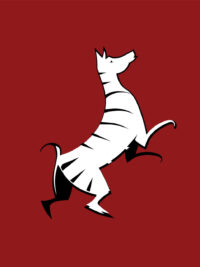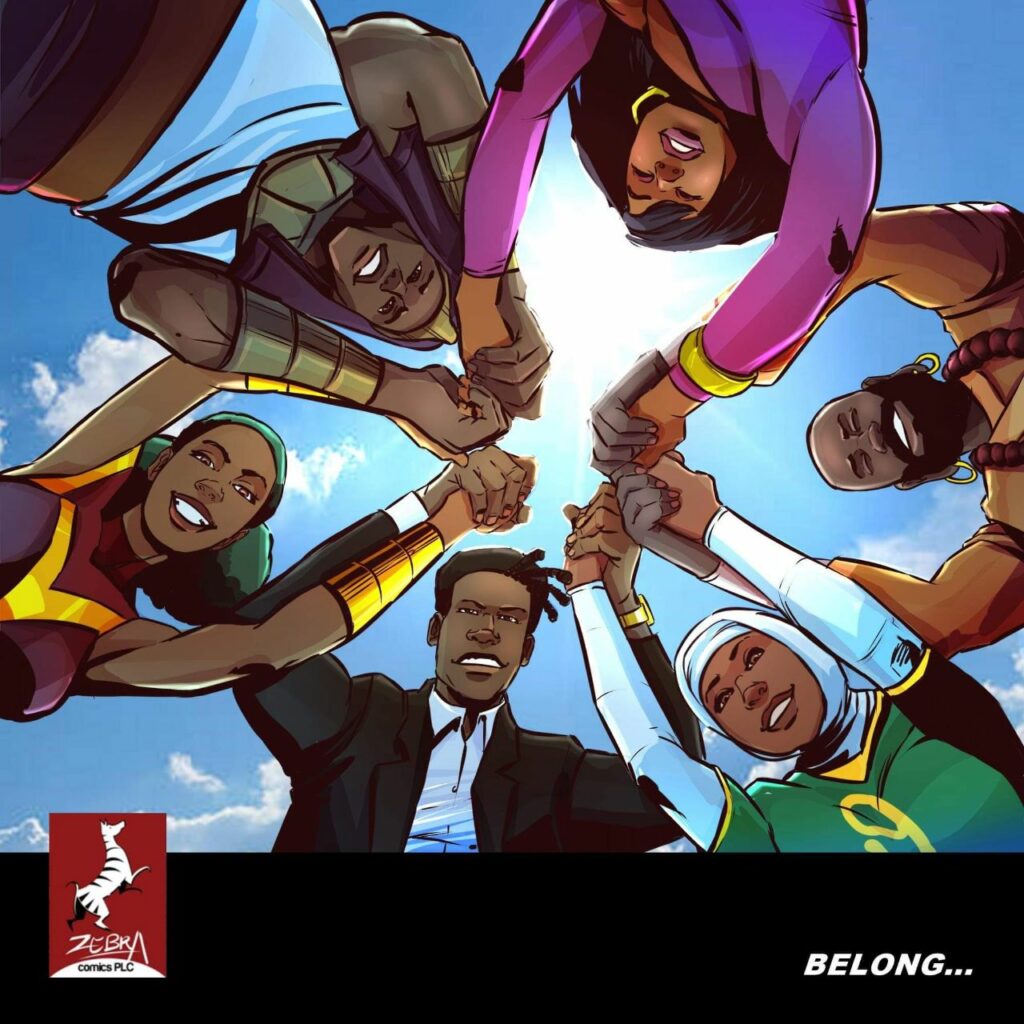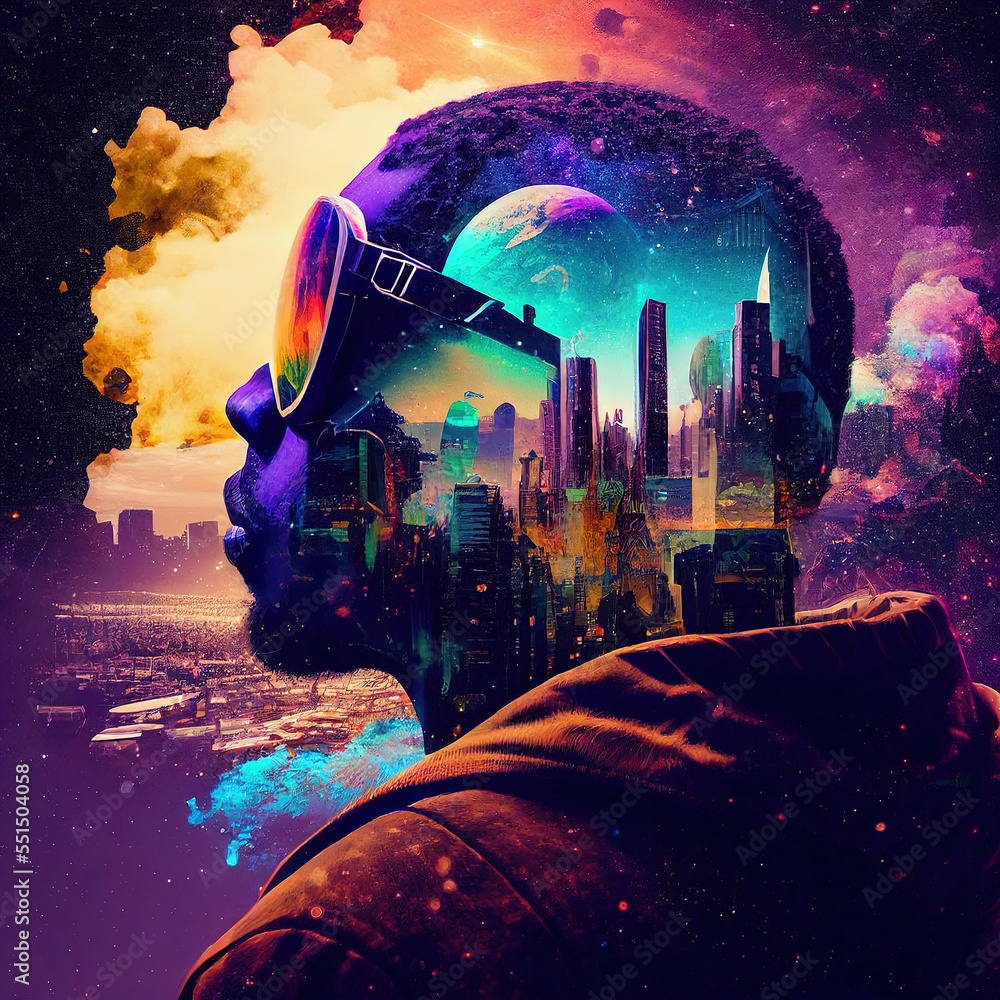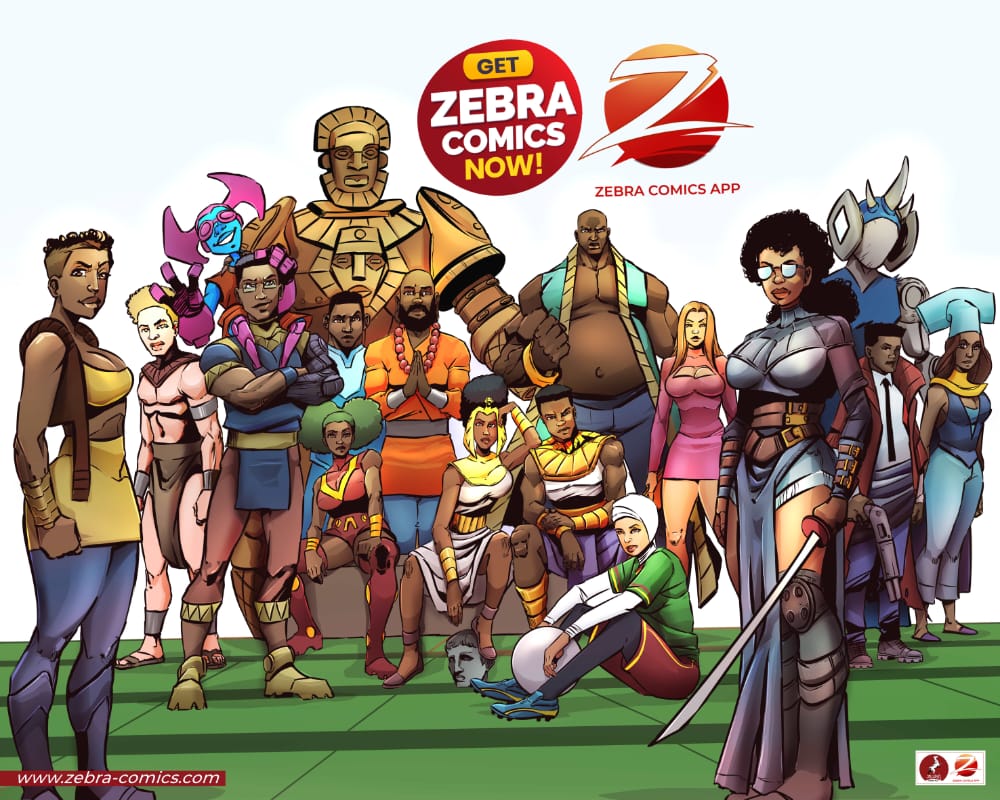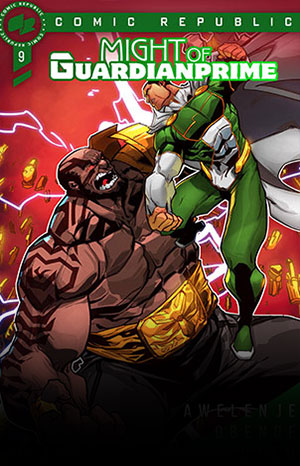African Comics: Origins.
Many African youths used to rush to local book vendors to get the latest Superman or Batman comic books several years ago. Some would wake up early on Saturdays to watch Spiderman defy the laws of Physics on Television. As these fellows tore through calendars their love for these characters grew stronger. This sparked their desire to create lovable and memorable characters and comic books of their own. But with a new spice.

African comic books have come a long way from just being inspired by Western superheroes. In the past, African comic book creators read comics about superheroes from the West, fell in love with these characters and created almost copycat versions of them. However, in time, their creativity and imagination went beyond that and led to the current boom in the African comic book industry.
African Comics: A Unique Take on the Superhero Genre
African comic book creators, inspired by Western characters, have started creating their own unique comic book characters. But they do not solely focus on the traditional superhero trope that has become so common in the comic book market. Instead, they are bringing a fresh perspective and new ideas to the world of comics. African comics tackle societal issues and cultural differences, providing a voice for underrepresented African communities. They often incorporate African mythology, history, and beliefs, creating stories that are not only entertaining but also culturally significant. It is a massive turn from the cliched self-righteous indestructible all-powerful hero in spandex with a mask and cape.

By some accident of “science”, the protagonist acquired powers that automatically made him “super”. It became clear to African creators that these superhero tropes weren’t just overused and cliche, they also didn’t fully reflect their experiences and immediate environment. Unlike Peter Parker who got his abilities from a radioactive spider, Tain from the comic book “Mancraft” (published by Zebra Comics PLC) goes through training in an esoteric elite organization where he learns the “Craft” that grants him abilities. We follow the character’s difficult journey as he learns about a world within the physical one. We see the cultural beliefs and customs that accompany Tain on his journey. Another example is Iyanu: Child of Wonder published by YouNeek Studios. Though the story focuses primarily on her self-discovery, it is impossible to ignore the rich Yoruba culture from which she draws inspiration. The Yoruba culture lends the comic book a distinctive look and flavour, which will appeal greatly to global audiences. With the tremendous amount of untapped cultural heritage at their disposal, there is no shortage of inspiration for their comic books. The uniqueness and freshness the world has witnessed with the African music industry is happening with the African comic book as well. And it only gets better from there.
The Importance of African Comics in the Industry
African comics are a reflection of the continent’s rich heritage and a celebration of its rich cultural diversity, making them an important part of the comic book industry. They offer a new twist on the classic superhero genre, presenting heroes that are not only powerful but also culturally rich. African comics showcase the diversity and richness of African culture and bring new perspectives to the comic book industry. Through comic books, African creators can tell their stories with all the authenticity and accuracy they deserve. To the global audience, not only is it entertaining, it is educational. A means for them to know the Mother Land better while smiling through beautiful comic book pages.
You could discover South Africa through the lens of Kwezi by Loyiso Mkize or explore Ethiopia through Jember created by Beserat Debebe and published by Etan Comics. Enter the futuristic African world of Anaki, created by E.N. Ejob and published by Zebra Comics PLC, and why not its spin-off series, Beasts of Tazeti, created by Ejob Gaius and also published by Zebra Comics PLC. Strike Guard, created by Ayodele Elegba and published by Spoof Comics, will give you a first-class ticket to Nigeria. In Wrong Dial, created by Fensou Miles and published by Zebra Comics PLC, you will discover how African magic is used to influence modern warfare. Yes, you read that right!

Other African comics you should check out are: Jakuta by Ayegbusi Tobi, published by Brown Roof Studios; Njoku, created by Njoka Suyru, and published by Zebra Comics PLC; Mulatako, Mulatako created by Reine Dibussi, delves into a world in the seas even Aquaman knows nothing about, Warrior Queen by Roye Okupe and published by Dark Horse Comics and YouNeek Studios (based on west African myths), Chayoma: Curse of the Jangura by Peter Chizoba Daniel and published by Peda Comics, and many more.
The Journey Continues
In conclusion, African comics are a unique take on the superhero genre, offering a fresh perspective on the classic trope. They tackle societal issues, incorporate African mythology, and celebrate the continent’s cultural diversity, making them an important part of the comic book industry. If you are looking for something different and culturally rich, then African comics are definitely worth checking out.
